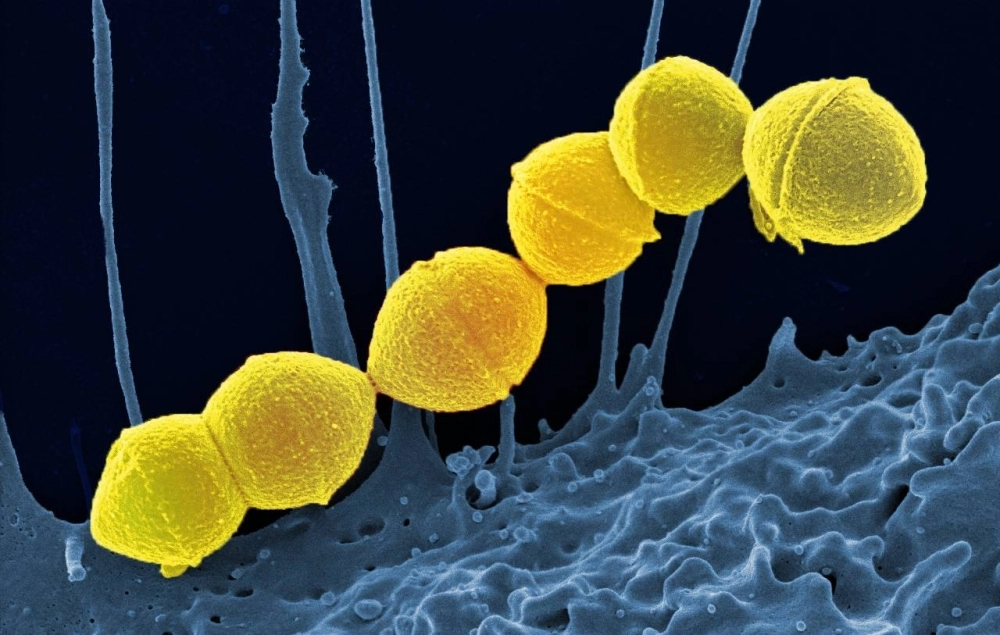The number of cases involving a rare but serious type of bacterial infection hit a record 941 in Japan last year, with health authorities urging people to take basic preventative measures such as hand-washing and caring for wounds.
Streptococcal toxic shock syndrome (STSS), most often caused by the bacteria called group A streptococcus, was first reported in Japan in 1992. Since then, an average of 100 to 200 confirmed cases have been reported annually, but the number for 2023 topped the previous record of 894 cases in 2019, according to the National Institute of Infectious Diseases (NIID).
STSS is often dubbed the “flesh-eating disease,” as it can cause necrosis of connective tissues covering the muscles in serious cases.

















With your current subscription plan you can comment on stories. However, before writing your first comment, please create a display name in the Profile section of your subscriber account page.